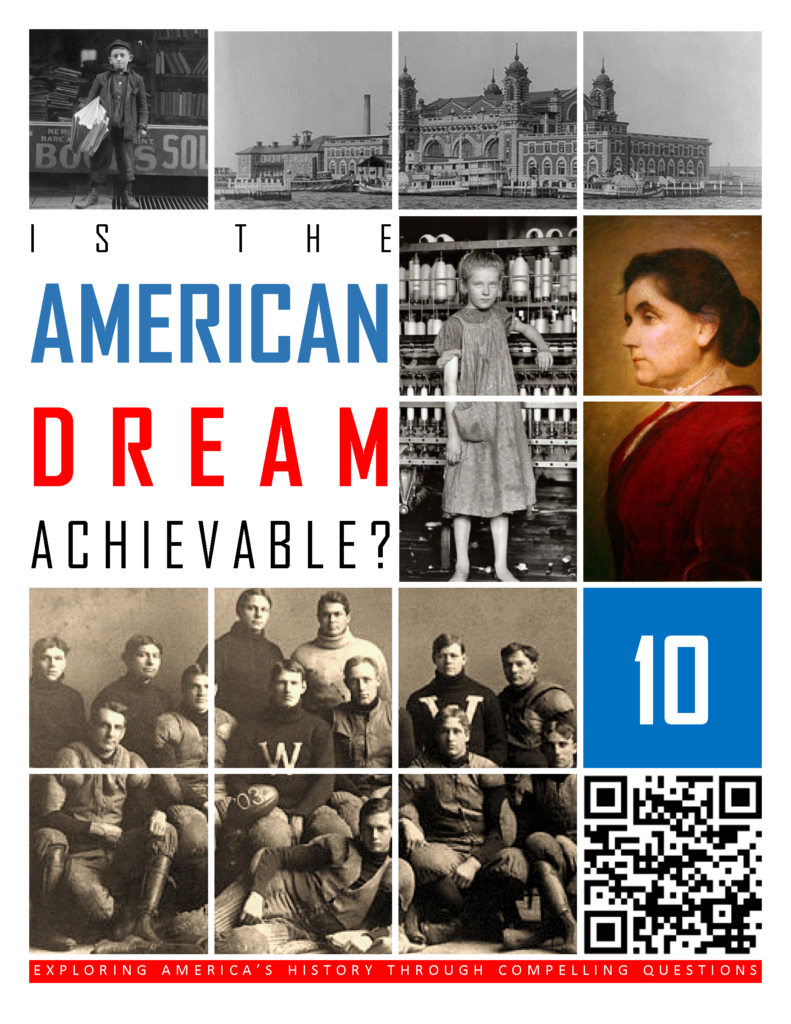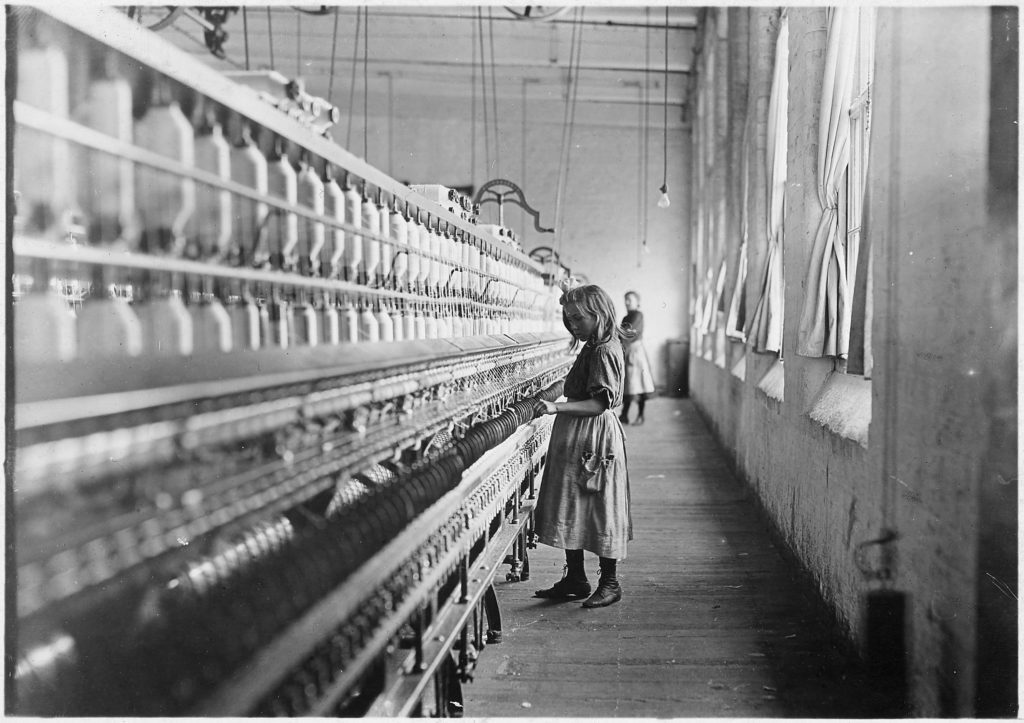
PRINT VERSION
Not everybody was getting rich. The new wealthy class, although more prominent, larger, and richer than any class in American history, was still rather small. People soon began to ask fundamental questions. How did one get rich in America? Was it because of a combination of hard work and intelligence? Was it because of inheritance? Did education and skill play a role, or was it simply luck?
When a popular conception of survival of the fittest grew from Charles Darwin’s idea of the process of natural selection in the wild, the world was forever changed. Church leaders condemned him as a heretic, and ordinary people everywhere cringed at the idea that humans may have evolved from apes.
Despite an initial backlash against Darwin’s theory, it was inevitable that intellectuals would soon point Darwin’s concepts at human society. These Social Darwinists believed that the humans who were the most fit became the most successful. Whatever people had the necessary skills to prosper — perhaps talent, brains, or hard work — would be the ones who would rise to the top. Why were some people poor? To the Social Darwinist, the answer was obvious. They simply did not have the required skills.
Into this mix of wealth and poverty, another idea was born. First articulated by Horatio Alger, the author of dime novels aimed at the hordes of immigrants rushing to America’s shores. Although he penned many stories, each book answered the question of how to get rich in America. Alger believed that a combination of hard work and good fortune was the key. Pluck and luck, in his words, was the key.
A typical Alger story would revolve around a hardworking immigrant who served on the bottom rung of the corporate ladder, perhaps as a stock boy. One day he would be walking down the street and see a safe falling from a tall building. The hero would bravely push aside the hapless young woman walking below and save her life. Of course, she was the boss’s daughter. The two would get married, and he would become vice-president of the corporation.
This is what the masses wished to believe. Those at the bottom looking up rejected Social Darwinism. They hoped and believed that success would not come to a select few based on nature or divine intervention. Anyone who worked hard could make it in America. This idea became the American Dream.
Is Alger’s American Dream a reality or just folklore? What do you think? Is the American Dream achievable?
CONTINUE READING
